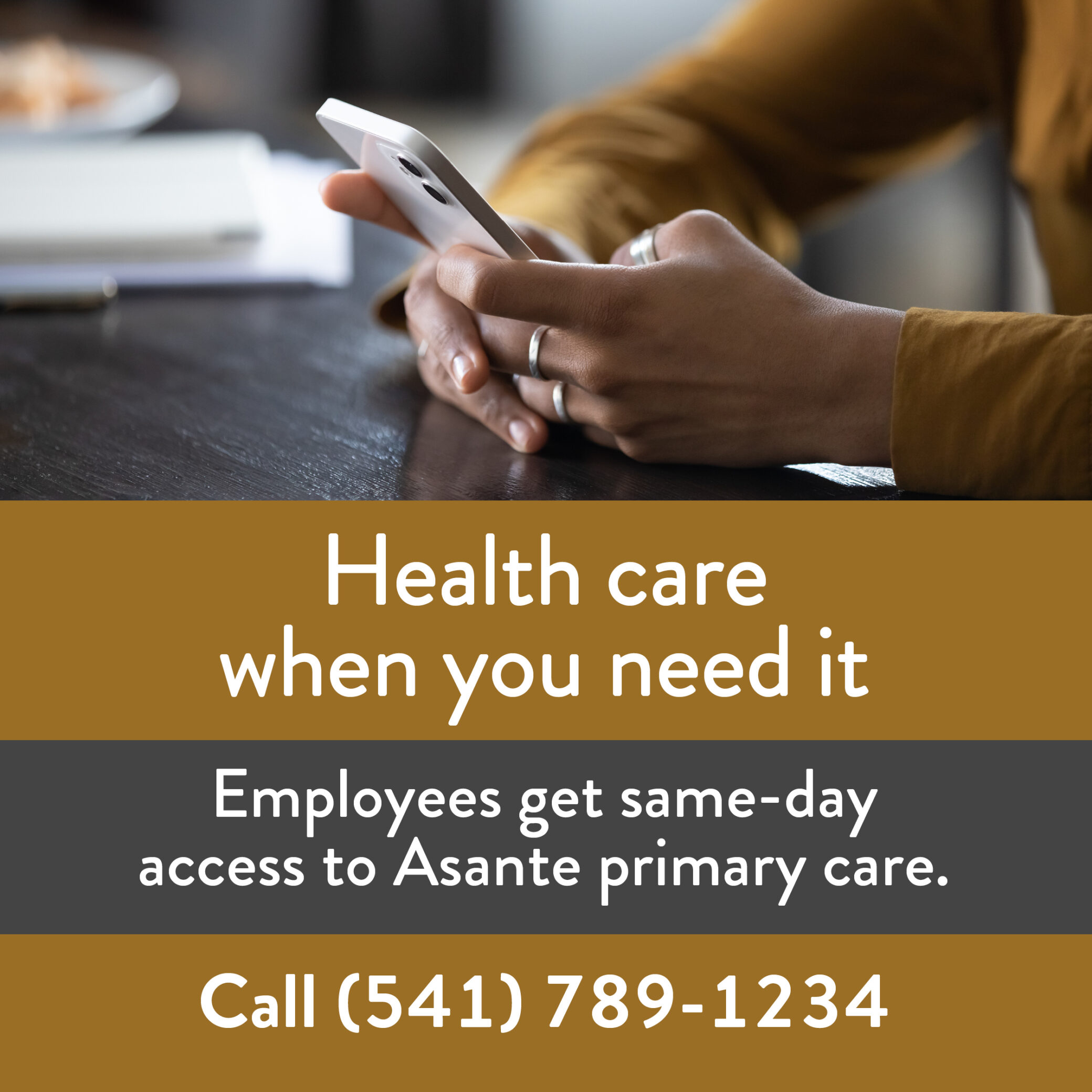Share:
Q. What are your top healthy heart tips?

A. I’m so glad you asked! American Heart Month is designed to build awareness around heart disease and how to prevent it. Here’s my advice from the American Heart Association for keeping your heart as healthy as can be.
Eat right. A cheeseburger and fries might taste good going down, but it’s much better to choose leaner meats on an infrequent basis, or avoid meat and dairy entirely for overall good health. The good news is heart-healthy eating can be as delicious as it is smart. We recommend a diet high in fiber, which includes lots of fresh fruit and vegetables. Many farmers markets and community-supported agriculture programs offer recipes to help you enjoy their produce to its fullest potential. We also advise switching to whole grain foods like oatmeal, brown rice, beans and lentils. And always read nutrition labels when grocery shopping so you can avoid foods high in sodium and trans-fat.
Get fit. Exercise is great preventive medicine, and all you need is 30 minutes a day, five times a week. Try walking, swimming, or even household chores such as washing the car, gardening and vacuuming. Time spent being active with your family and friends creates strong bonds. Studies show you’ll add two hours to your life expectancy for every one hour you spend walking. Think about that next time you lace up your walking shoes!
Relax. Did you know chronic stress can increase your risk of heart disease? So find time to rest and reduce stress by sitting quietly, breathing deeply, and thinking of peaceful things. Try to avoid the triggers that boost your stress level, or else find healthier ways to respond to them. Keep a positive attitude and seek professional counseling if your stress gets out of control. I find spending time reading my Bible is like a “stress bath” for my mind and heart. You may want to find your own means of stress reduction that’s right for you.
Break bad habits. The best way to boost your heart health is by letting go of unhealthy habits that increase your risk of heart disease. If you smoke, quit. Limit the amount of alcohol you drink or try giving it up altogether. Replace soda or sugary drinks with water or fruit juice that is watered down. And swap processed food for fresh options.
Imagine if another year from now you could look back and see how these small changes in your life made a big impact on your health. If you need help getting on the right track toward a healthier lifestyle, make an appointment with your primary care provider, they will be glad to talk about what’s right for you.
Brad Personius, MD FACC, is Director of Cardiology at Asante Three Rivers Medical Center and is a partner in Southern Oregon Cardiology in Grants Pass.
If you have a question, please contact the author or relevant department directly.



